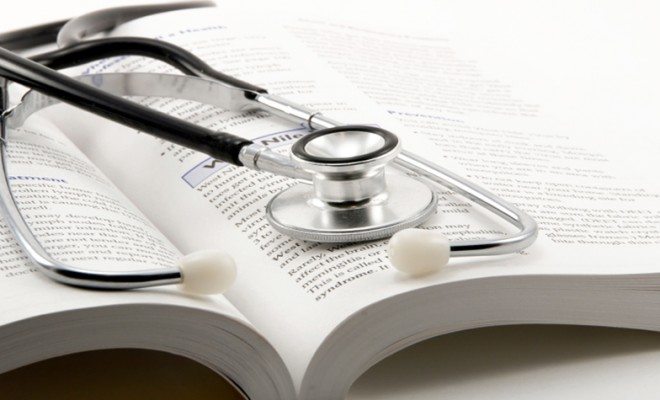 Image courtesy of [Dr.Farouk via Flickr]
Image courtesy of [Dr.Farouk via Flickr]
Schools
Dickinson School of Law Plans Innovative Medical-Legal Clinic
Many legal clinics have popped up in recent years in order to provide free, or inexpensive, legal advice to lower income people who need it. For example, just a few weeks ago, I wrote about the proposed requirements for law students in California to work for free in the many legal aid clinics throughout the state. So while these types of clinics are in no way novel, the idea to combine one with a medical clinic is. But that’s exactly what Penn State University’s Dickinson School of Law is working on.
Dickinson School of Law has announced that it plans to partner up with a local medical facility to create a medical-legal clinic set to open in 2016. One possible partner for this project is the Penn State Milton S. Hershey Medical Center, however, nothing has been decided officially.
The mastermind behind the new medical-legal clinic is Medha D. Makhlouf, a current attorney at the Central West Justice Center in Worchester, Massachusetts. She is slated to join the Dickinson School of Law faculty on July 1 as the medical-legal facilities founding director and a clinical professor of law. She will be in charge of supervising the planning of the new clinic.
Through her work in Worchester, Makhlouf has come to realize that low income clients’ medical issues are often related to their underlying legal issues. She hopes that this project will foster a collaborative environment amongst the medical and legal communities, allowing clients a place where they can improve both their medical and their legal situations at the same time. She said that “It’s not just about lawyers and health care providers using their respective skills — it’s more about the collaboration. Often health care and law are intertwined.”
Makhlouf explained that “many clients are referred to me for an isolated problem, like maybe their food stamps were terminated, then I’ll find that there’s two or three more underlying legal issues that have been negatively affecting their health.” Other examples of this problem are conditions in a home environment that exacerbate asthma or a client who doesn’t have health insurance because of their immigration status.
The medical facility will also benefit from this partnership, as “not all medical problems can be solved in an exam room or with a prescription.”
Dickinson Law Interim Dean Gary Gilden is enthusiastic about the benefits that the clinic could bring to both the community and the law students. He said that “from an educational standpoint, this puts law students in a medical environment. This opens them up to educational opportunities they wouldn’t normally have.”
Law students who participate in the clinic will have the opportunity to work with staff from both the law school and the partnering medical facility. Makhlouf has shared that this opportunity will allow students to engage in experimental learning, where they will be able to develop knowledge, skills, and values from experiences outside a traditional classroom environment.
In addition to the benefits of working directly in the clinic, Dickinson students will participate in joint classes with medical students and students studying in other health-related disciplines. Makhlouf will also be teaching classes such as immigration law and law and medicine to help students gain some context and background on the issues that they might deal with in the clinic.








Comments